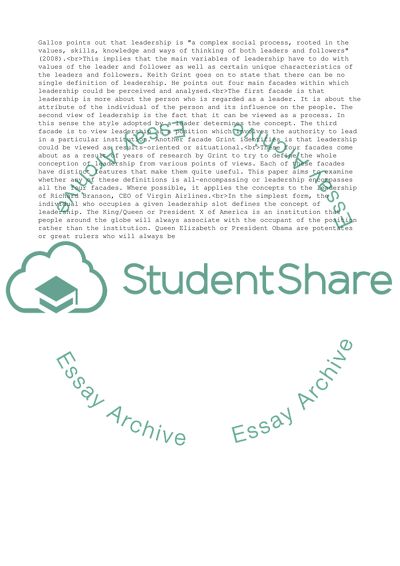Cite this document
(Leadership is in the eye of the beholder. Critically discuss Essay, n.d.)
Leadership is in the eye of the beholder. Critically discuss Essay. https://studentshare.org/management/1765816-leadership-is-in-the-eye-of-the-beholder-critically-discuss
Leadership is in the eye of the beholder. Critically discuss Essay. https://studentshare.org/management/1765816-leadership-is-in-the-eye-of-the-beholder-critically-discuss
(Leadership Is in the Eye of the Beholder. Critically Discuss Essay)
Leadership Is in the Eye of the Beholder. Critically Discuss Essay. https://studentshare.org/management/1765816-leadership-is-in-the-eye-of-the-beholder-critically-discuss.
Leadership Is in the Eye of the Beholder. Critically Discuss Essay. https://studentshare.org/management/1765816-leadership-is-in-the-eye-of-the-beholder-critically-discuss.
“Leadership Is in the Eye of the Beholder. Critically Discuss Essay”. https://studentshare.org/management/1765816-leadership-is-in-the-eye-of-the-beholder-critically-discuss.


